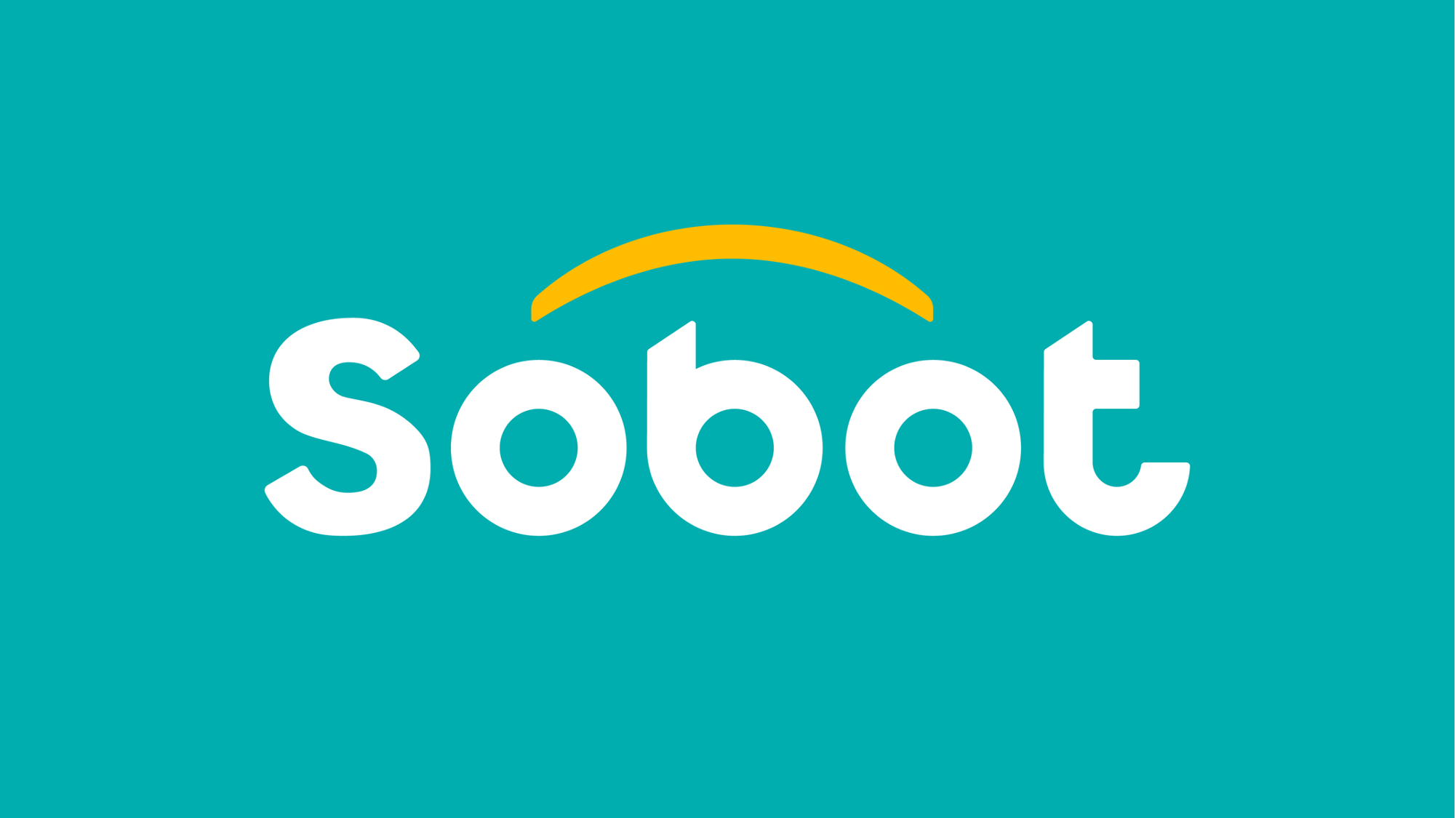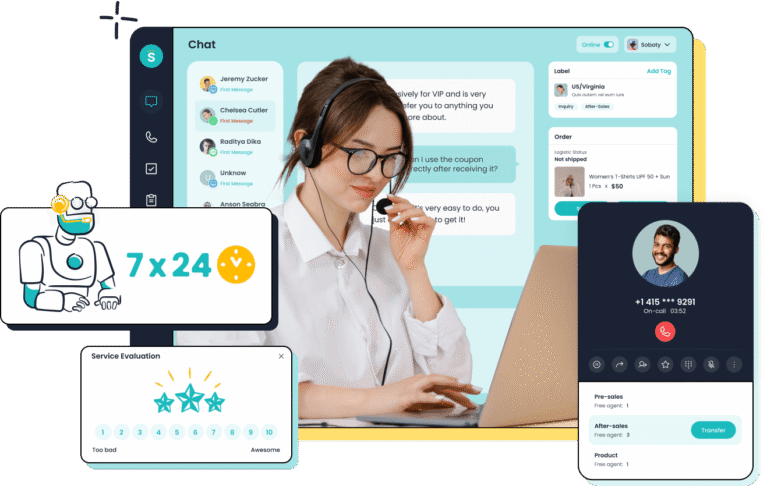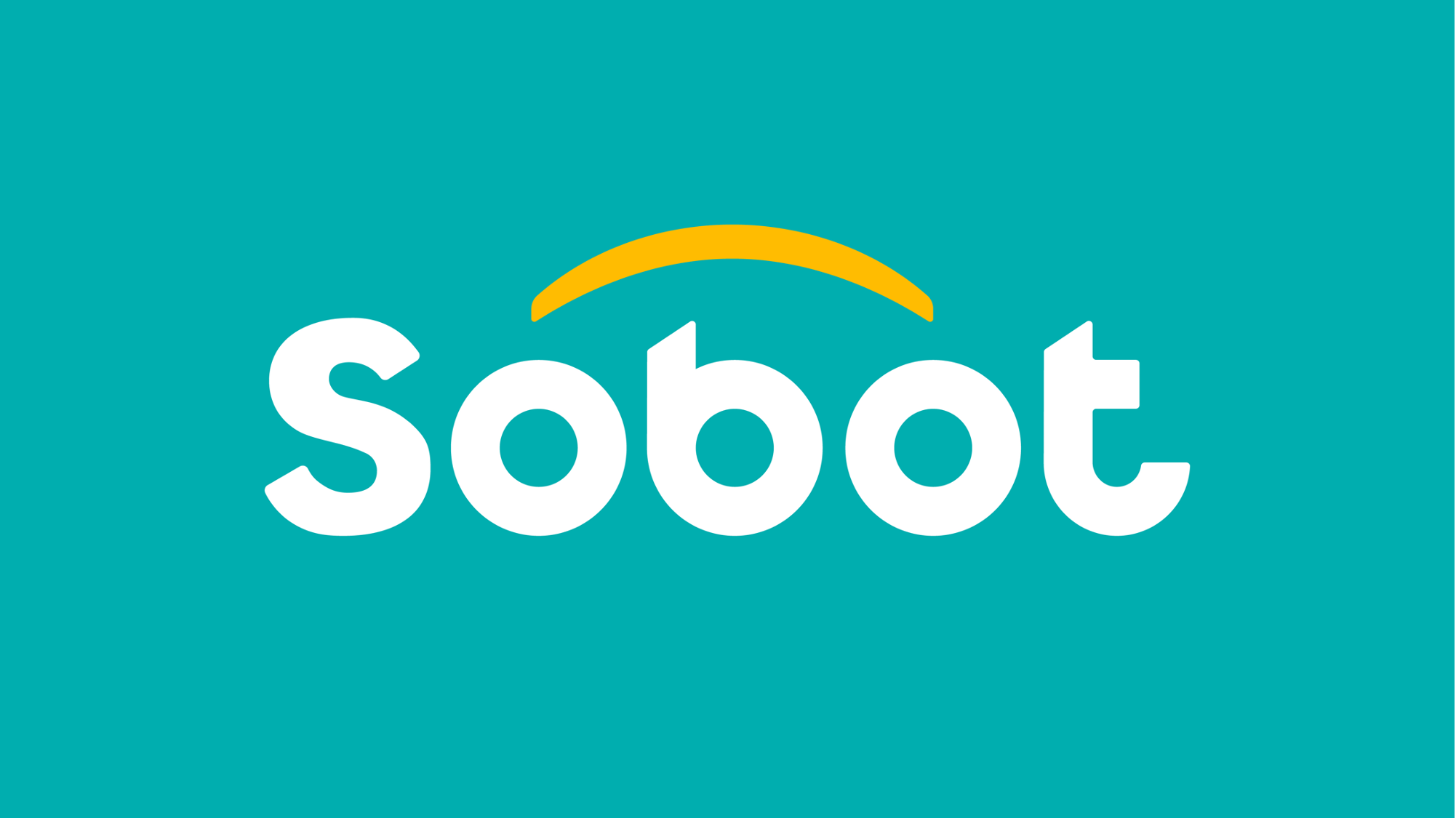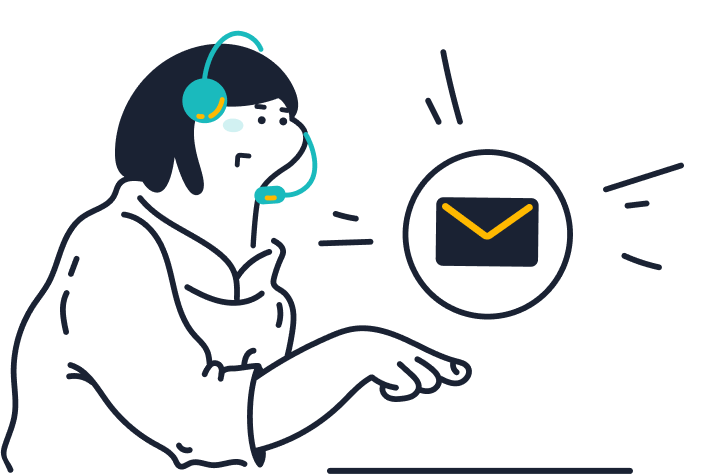In today’s digital landscape, providing excellent customer service is crucial for business success. A customer service chatbot can enhance your customer interactions by offering immediate responses and support. Here’s a step-by-step guide on how to build a customer service chatbot that meets your business needs.
Understanding the Purpose of Your Chatbot
Before you dive into building a chatbot, it’s essential to understand its primary purpose. Are you looking to answer frequently asked questions, assist with product recommendations, or provide 24/7 customer support? Defining the goals will help you design a more effective chatbot that aligns with your business objectives.
Choosing the Right Platform
There are several platforms available for building chatbots, each with its own advantages. Some popular options include:
- ManyChat: Ideal for businesses looking to connect with customers via Facebook Messenger.
- Chatfuel: A user-friendly platform that requires no coding skills.
- Dialogflow: A Google-owned platform that offers advanced natural language processing capabilities.
Select a platform that fits your technical expertise and the complexity of your chatbot.
Designing the Conversation Flow
A well-structured conversation flow is critical for providing a seamless user experience. Start by mapping out potential interactions between the customer and the chatbot. Consider the following steps:
- Identify Common Queries: List the most common questions customers ask.
- Create a Script: Draft responses for each query, ensuring they are clear and concise.
- Use Decision Trees: Design a decision tree that guides users through various options based on their responses.
This structured approach helps in creating a logical and user-friendly interaction.
Integrating AI and NLP
To enhance your chatbot’s capabilities, consider integrating Artificial Intelligence (AI) and Natural Language Processing (NLP). These technologies enable your chatbot to understand and respond to user inquiries more naturally. Here are some benefits:
- Improved Understanding: AI and NLP allow the chatbot to comprehend user intent, even with variations in phrasing.
- Learning Over Time: Machine learning algorithms enable the chatbot to improve its responses based on previous interactions.
- Integrating these technologies can significantly elevate the customer experience.
Testing Your Chatbot
Before launching your chatbot, it’s vital to conduct thorough testing. Here are some steps to ensure it functions correctly:
- Simulate User Interactions: Run through various scenarios to see how the chatbot responds.
- Gather Feedback: Involve team members or trusted customers to provide feedback on the user experience.
- Make Adjustments: Based on the feedback, tweak the conversation flow and responses as needed.
Testing helps identify any gaps in the chatbot’s functionality and ensures it provides accurate information.
Launching and Monitoring
Once you’re satisfied with the chatbot’s performance, it’s time to launch it on your website or preferred platform. However, the work doesn’t stop there. Continuous monitoring is essential to ensure your chatbot remains effective. Consider the following:
- Track Performance Metrics: Monitor user engagement, resolution times, and customer satisfaction ratings.
- Regular Updates: Keep the chatbot’s content up-to-date with new information or changes in your services.
- Regularly assessing and updating your chatbot will help maintain its relevance and effectiveness.
Conclusion
Building a customer service chatbot can significantly enhance your business’s customer support capabilities. By understanding your goals, choosing the right platform, designing effective conversation flows, and integrating advanced technologies, you can create a chatbot that not only meets customer needs but also elevates their experience. Remember, continuous monitoring and updates are key to ensuring your chatbot remains a valuable asset for your business. Start building your chatbot today and watch your customer service transform!




